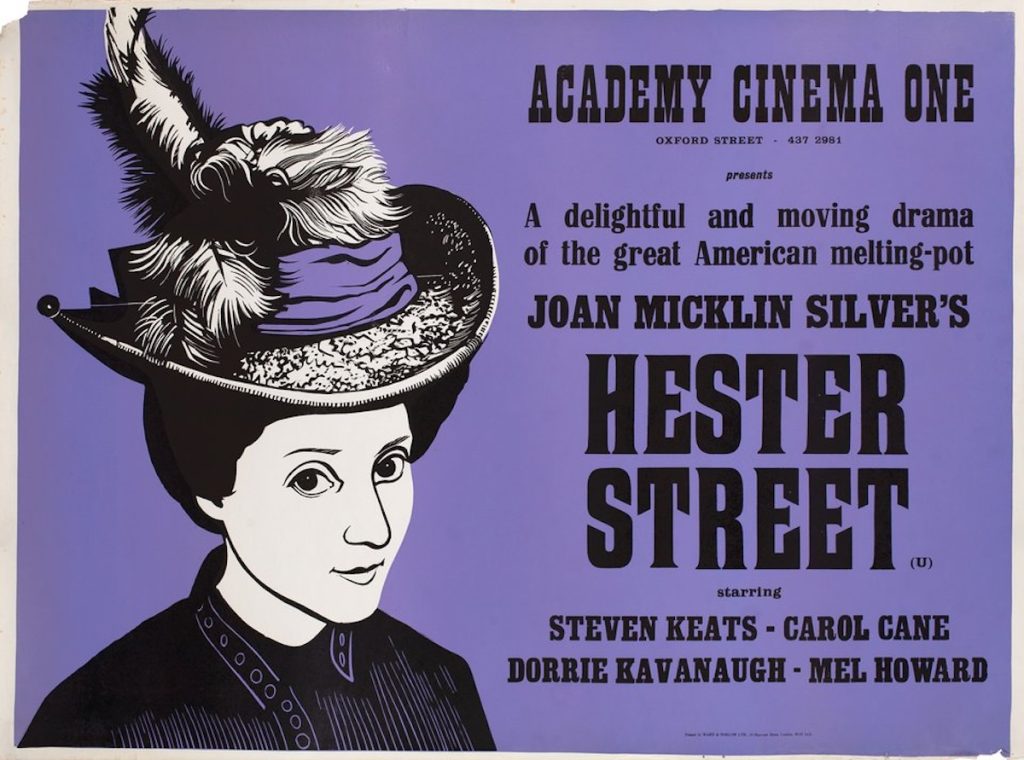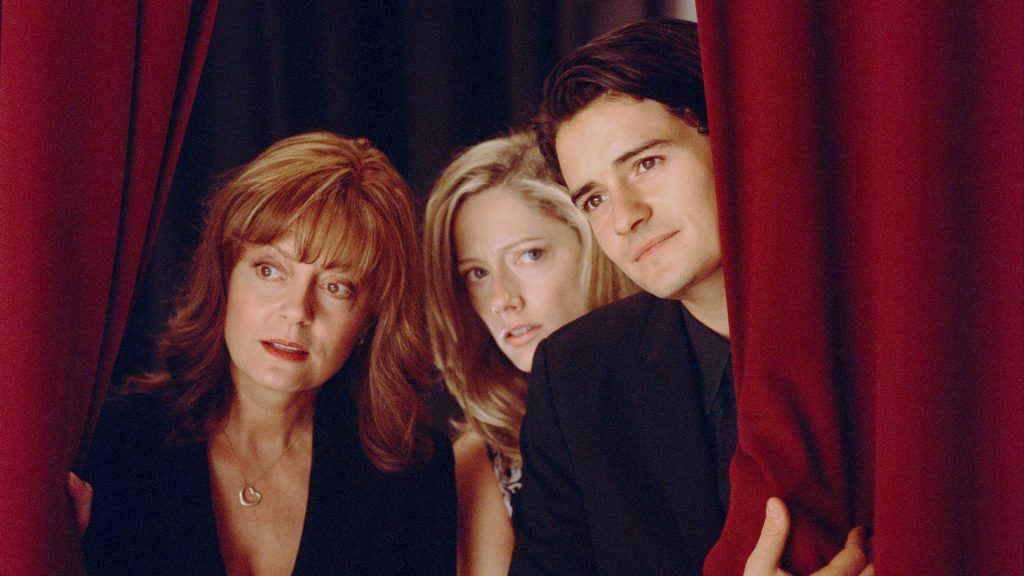Today it is difficult to imagine that there’s anything we don’t know, or wouldn’t believe, about the venal amorality of television news. Because we’re swimming in a mixture of blasé cynicism and compulsive outrage, it’s worth revisiting Sidney Lumet’s Network, which premiered 45 years ago. Network is justifiably praised as, in writer Mark Peikert’s words, “a terrifyingly prescient satire of news as bloodthirsty entertainment.” Television, and its place in the wider mediascape, have changed in the decades since Network’s release, yet it still feels vital because it is not just about TV. It is also about the many ways capital taints and distorts journalism, and the increasing likelihood that every part of human experience can be repurposed as “content” and milked for a profit.
Network’s hyperbolic yet disturbingly plausible story involves the Union Broadcasting System, a struggling “whorehouse network” that has just been purchased by an international conglomerate. With corporate restructuring, the news division is losing its journalistic independence and must turn a profit on its own. Profit requires “showmanship,” and UBS stumbles upon a showman in Howard Beale (Peter Finch), its dyed-in-the-wool news anchor, who is about to be fired due to low ratings. Beale announces that he will kill himself on the air, and his ratings spike. The diabolically savvy executive Diana Christiansen (Faye Dunaway), in between developing reality series starring terrorist groups, transforms Beale into the “mad prophet of the airwaves,” who rails against the “bullshit” of contemporary life: inflation, environmental destruction, and acts of political violence. All goes well for the network, until the “bullshit” Beale calls out starts to include television itself.
Director Sidney Lumet and screenwriter Paddy Chayefsky keep the plot’s satirical, careening delights grounded in the gritty verité of the New Hollywood style. Against quotidian, procedural representations of production meetings and corporate maneuverings, the star performances of its larger-than-life characters shine brightly. Finch, who received a posthumous Oscar for playing Beale, wrings a range of expression out of a persona of ragged gravitas. He seems both blazingly near and disconcertingly far away. As his crescendos of rage ebb into despondency, he is alternately a righteous prophet and a frenzied manifestation of white male grievance.
On the other hand, Dunaway’s Diana is more textured than her bloody-minded cunning might suggest. The film feels most dated when it makes Diana’s sexuality a metaphor for villainy. (By typical patriarchal logic, she is depicted as simultaneously hypersexed and frigid.) But if Diana were just a straight-up ice queen, she would be less dangerous. Dunaway (who also won an Oscar) makes Diana light up with giddy, sometimes girlish enthusiasm as she cooks up ideas for shows like “The Mao Tse-Tung Hour.” Her moments of playful gusto channel the trashy-wacky siren call of reality television itself.

Network’s fangs could not pierce so sharply if the film had no sentiment or humanity. Its cynicism, as is often the case, is entwined with idealism. Despite its cyanide bite, Network has an almost romantic humanism; authentic relationships and experiences are fragile, and always vulnerable to exploitation, but they still endure, shining even in tatters and fragments. We feel this most deeply in the story of Beale’s producer Max Schumacher (William Holden) and the breakdown of his marriage to Louise (Beatrice Straight). Max, during a banal midlife crisis, begins an affair with Diana. When he confesses to Louise, he is fatalistic: he loves Diana, but thinks she is incapable of loving. To surrender to Diana, he knows, is to surrender to television itself – she will treat their all-too-human love triangle as if it were a made-for-TV movie. But Louise, wobbly with pain but full of righteous fury, won’t easily accept her role.
“After 25 years of building a home and raising a family, and all the senseless pain we have inflicted on each other, I’ll be damned if I’m going to stand here and have you tell me you’re in love with somebody else!” Later, raw anguish breaks through Louise’s rage. “I hurt badly,” she sobs, her face turned away from the camera, as if refusing to allow her pain to become “content.” Straight also won an Oscar (Best Supporting Actress), for only about five minutes of screen time. It’s easy to see why: in those five minutes she becomes the film’s beating heart. When they agree to part, Louise, calmer, sees her philandering husband with sympathy. She smiles as she tells him he’s “in for some dreadful grief.”
Max and Louise’s shared history, the “senseless pain,” the rapport that means they can laugh together even in this moment of rancor, are the bits and pieces of life that can never fit a neat television narrative. Here, when these kinds of authentic bonds are most at risk, the film imbues them with a vitality and luster that shows they are worth fighting for. Network is well worth rewatching as a master class in media satire, but it is this plaintive cry, urging us to kindle and treasure the unmediated, uncommodified moments of life, that make it enduring and essential.
“Network” is currently available for digital rental or purchase.



